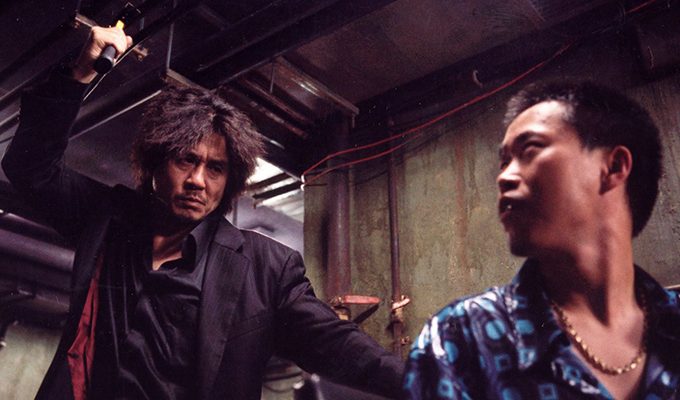Whether you dig it or not, Park Chan-wook’s perverse, confounding revenge fantasia “Oldboy” from 2003 is a hell of an experience the first time you watch it. It’s the story of Oh Dae-Su and the awful chain of carnage and horror that unfolds after he is released from the hotel room where he was imprisoned for fifteen years, but such a dry summary cannot capture the unhinged genius of the director’s method. The plot is an elegantly orchestrated series of escalating catastrophes, each more devastating than the last and inevitably building to one of the most freakish, depraved finales in film history.
READ MORE: Sundance Review: Silly & Cartoonish ‘Stoker’ Is A Garish Misfire For Park Chan-Wook
For another way of defining the movie’s rhythm, you could turn to Aristotle’s text “Poetics,” which defines the aforementioned plot as a Complication: a chain of cause-and-effect passages that lead to a climax capped by one final suffering. A lofty comparison, certainly, but one that’s made persuasively in this new video essay by Chris Chriswell that looks at the tragic roots of “Oldboy,” and how this supposedly transgressive whatsit of a movie owes much to classical Greek theater.
The video also touches on the intersection influence of adaptation and mimicry, the techniques employed in transplanting the same material to different artistic mediums, and why we are compelled to adapt the work of others in the first place. There is (thankfully) no mention of Spike Lee’s garish 2013 remake here, just an insightful look at the source material’s rich well of inspiration that should send any “Oldboy” fan over the moon. Check out the video below.

